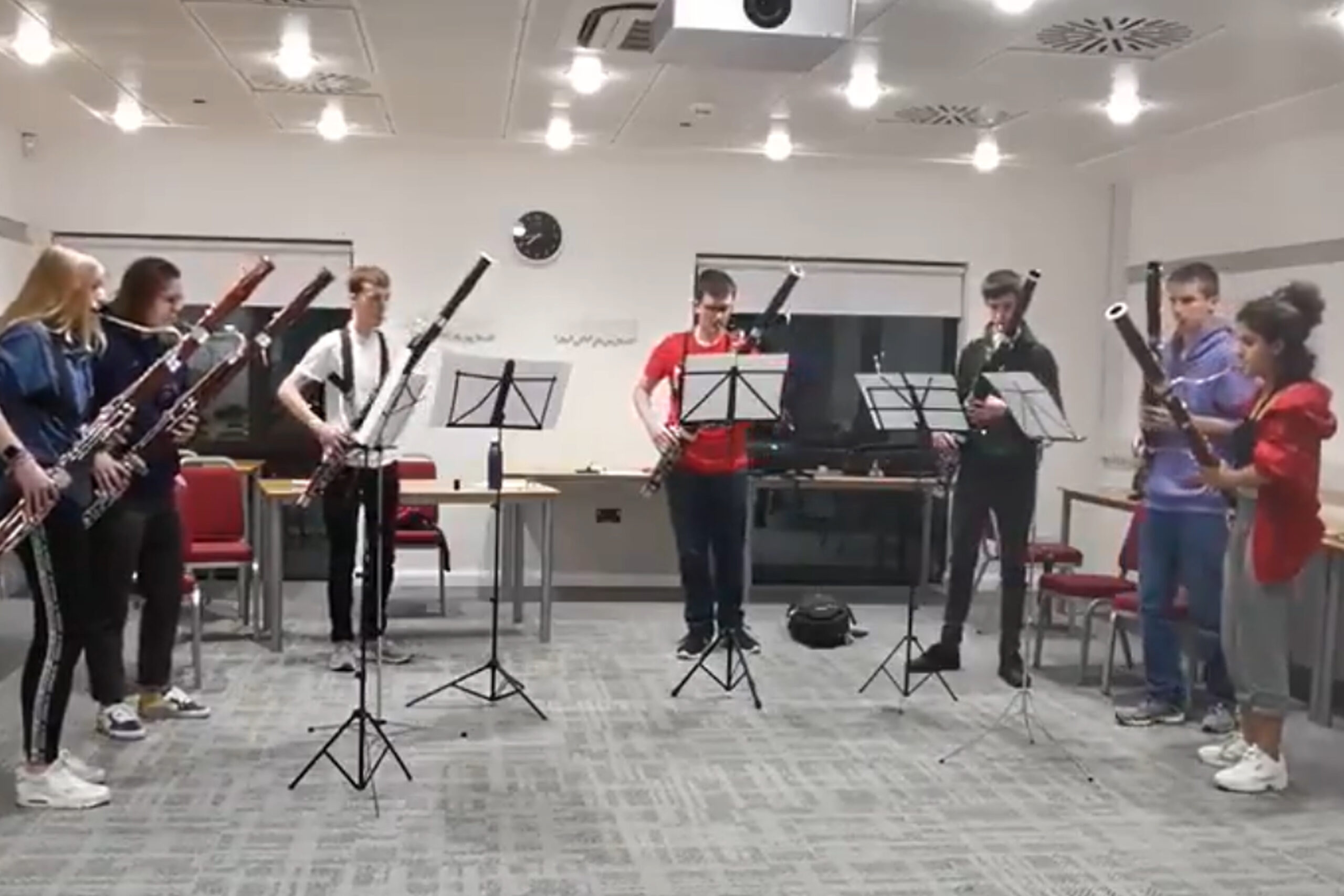Category: Blog
-
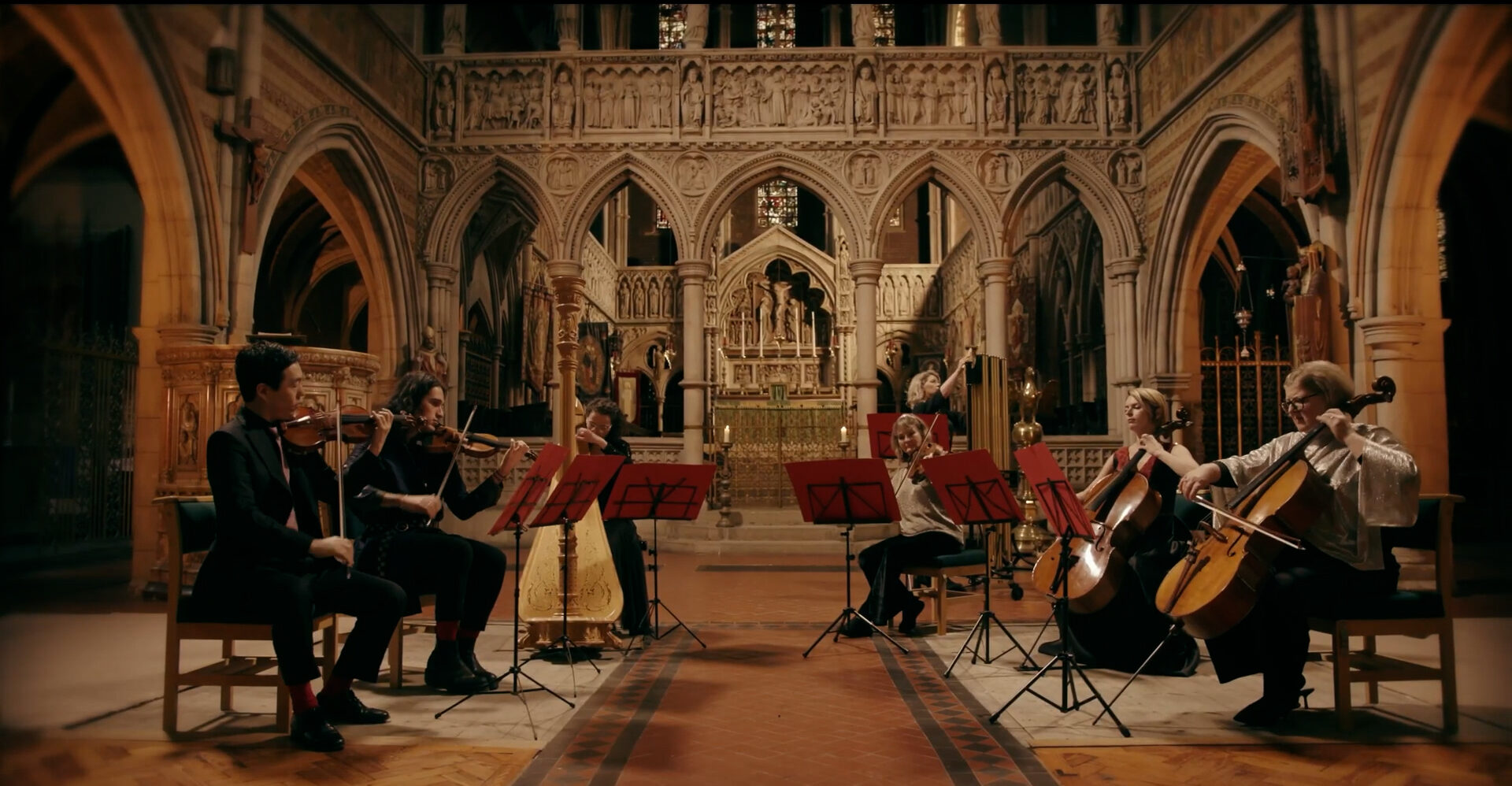
Philharmonia’s Carol of the Bells ticks ALL of my boxes
Deft content creation from the Philharmonia.
-
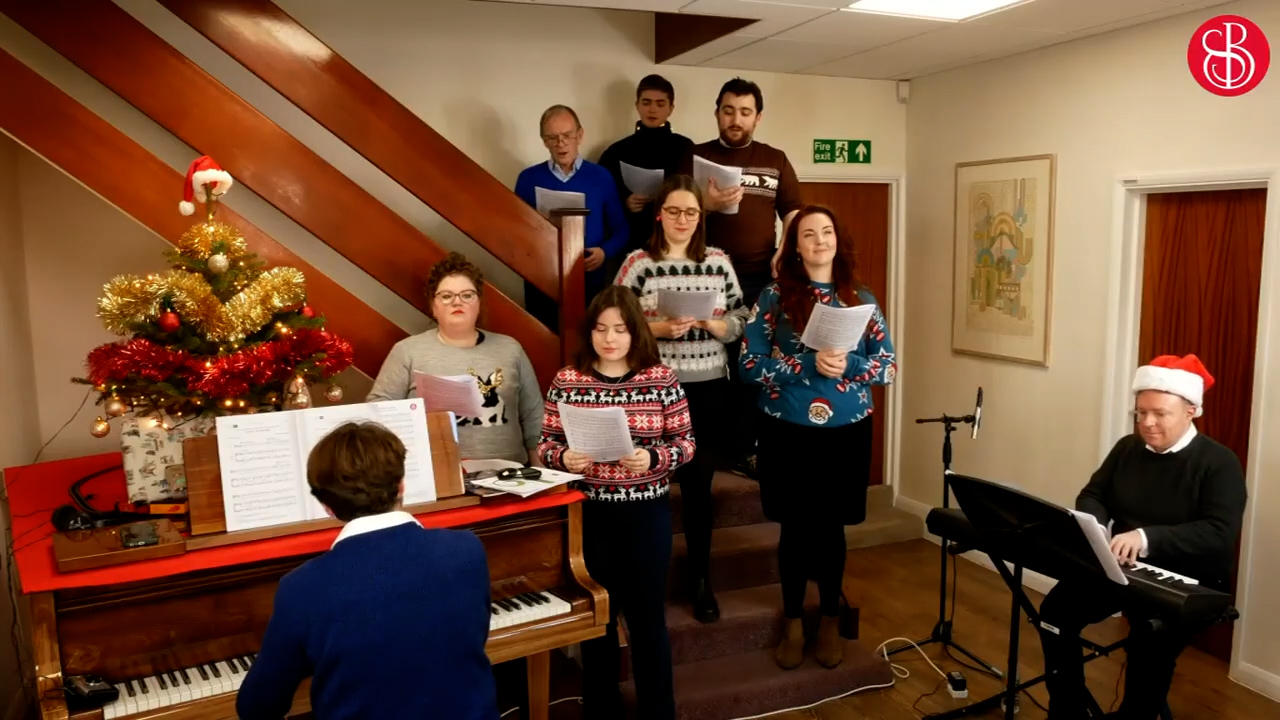
Thomas Hewitt Jones charming new carol ‘Love is the Answer’
THJ’s latest creation is a rosy and uplifting musical expression of kindness.
-
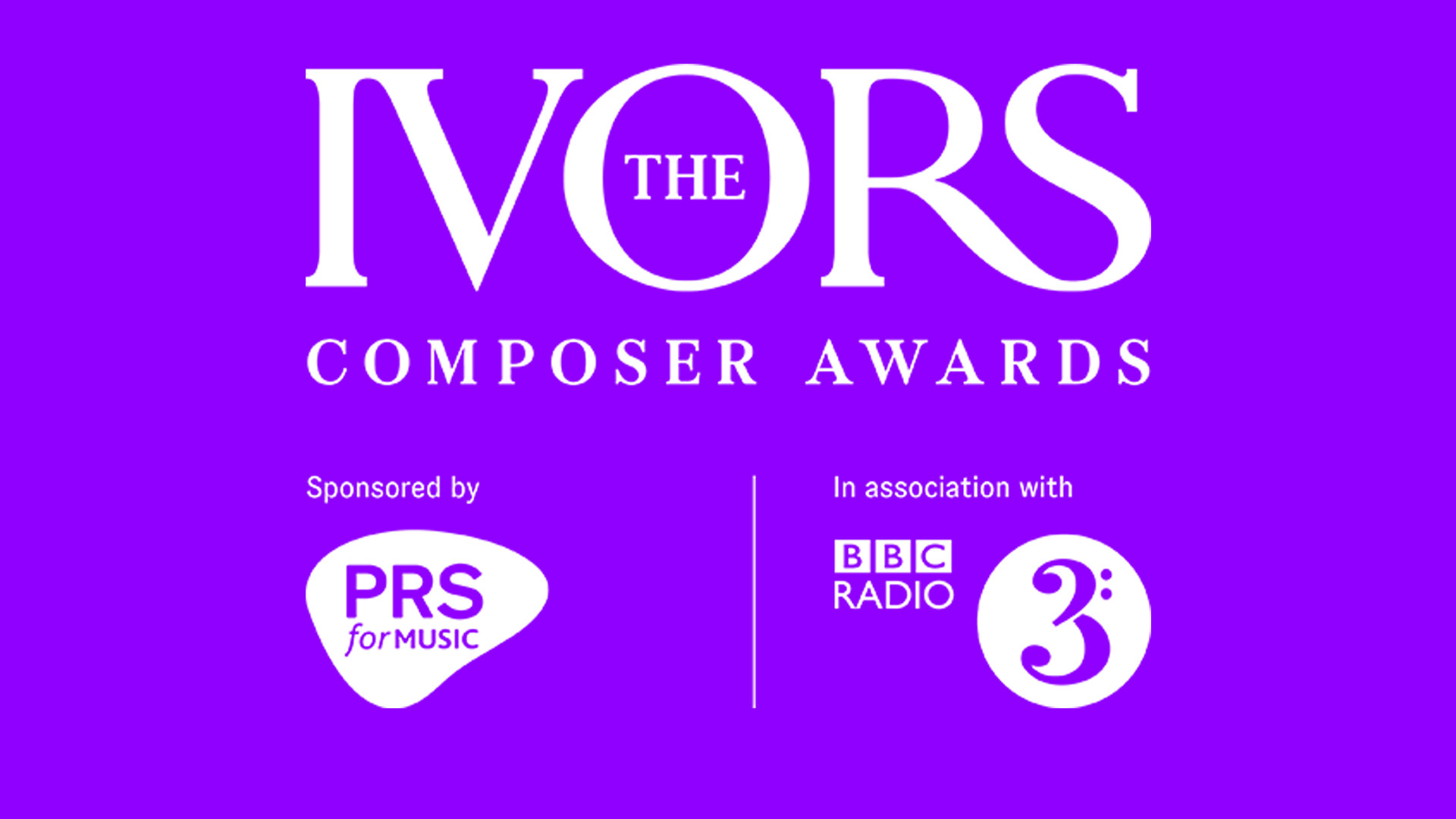
Ivors Composer Awards 2021 nominees announced
The winners of the 2021 Ivors Composer Awards will be announced on 8 December and broadcast on BBC Radio 3 on 11 December.
-
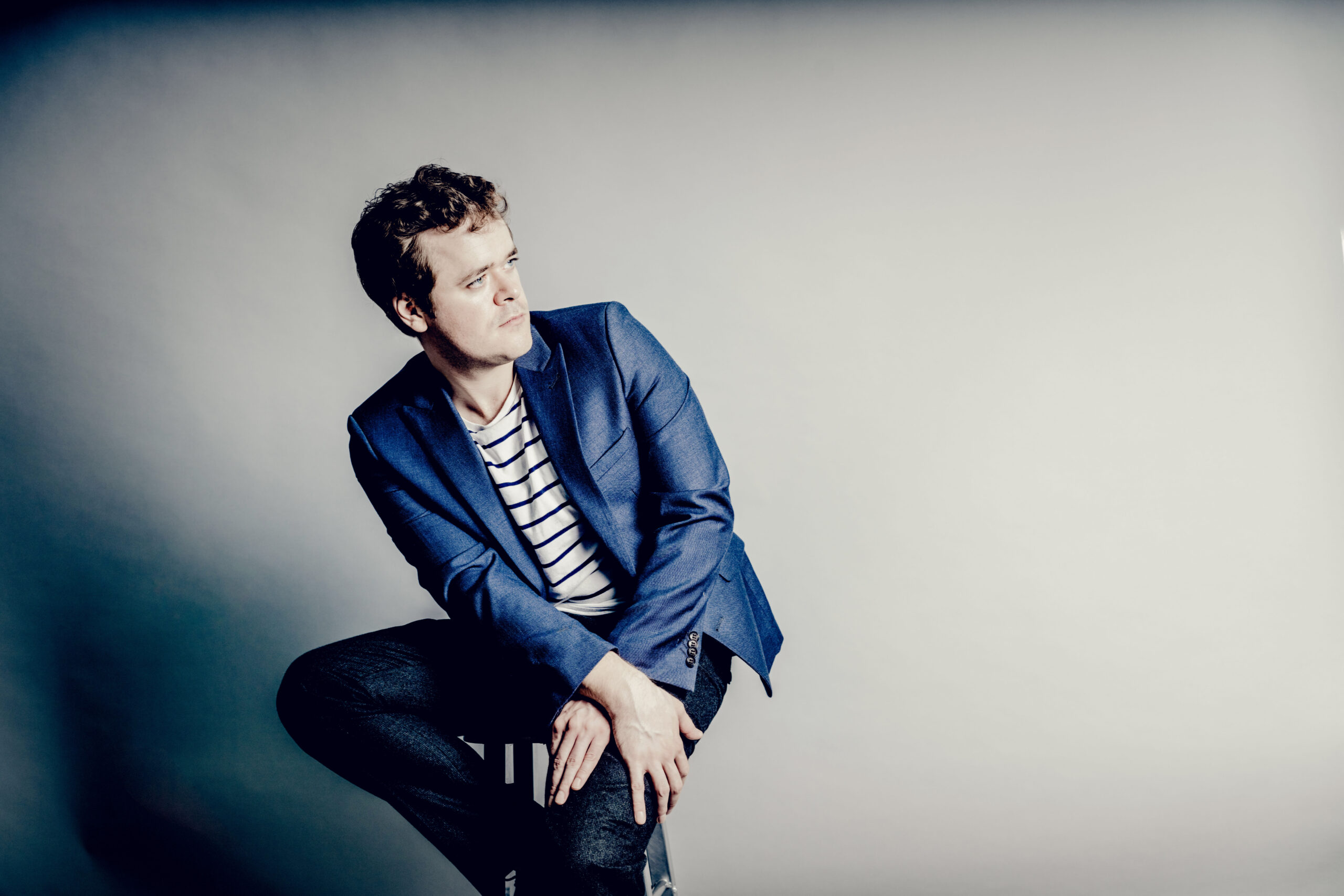
Benjamin Grosvenor and Hyeyoon Park return with the second Beckenham and Bromley Festival
Formed in lockdown and back a year later, 17-19 September. Hear music from Benjamin Grosvenor,Hyeyoon Park, and Joseph Tawdross.
-
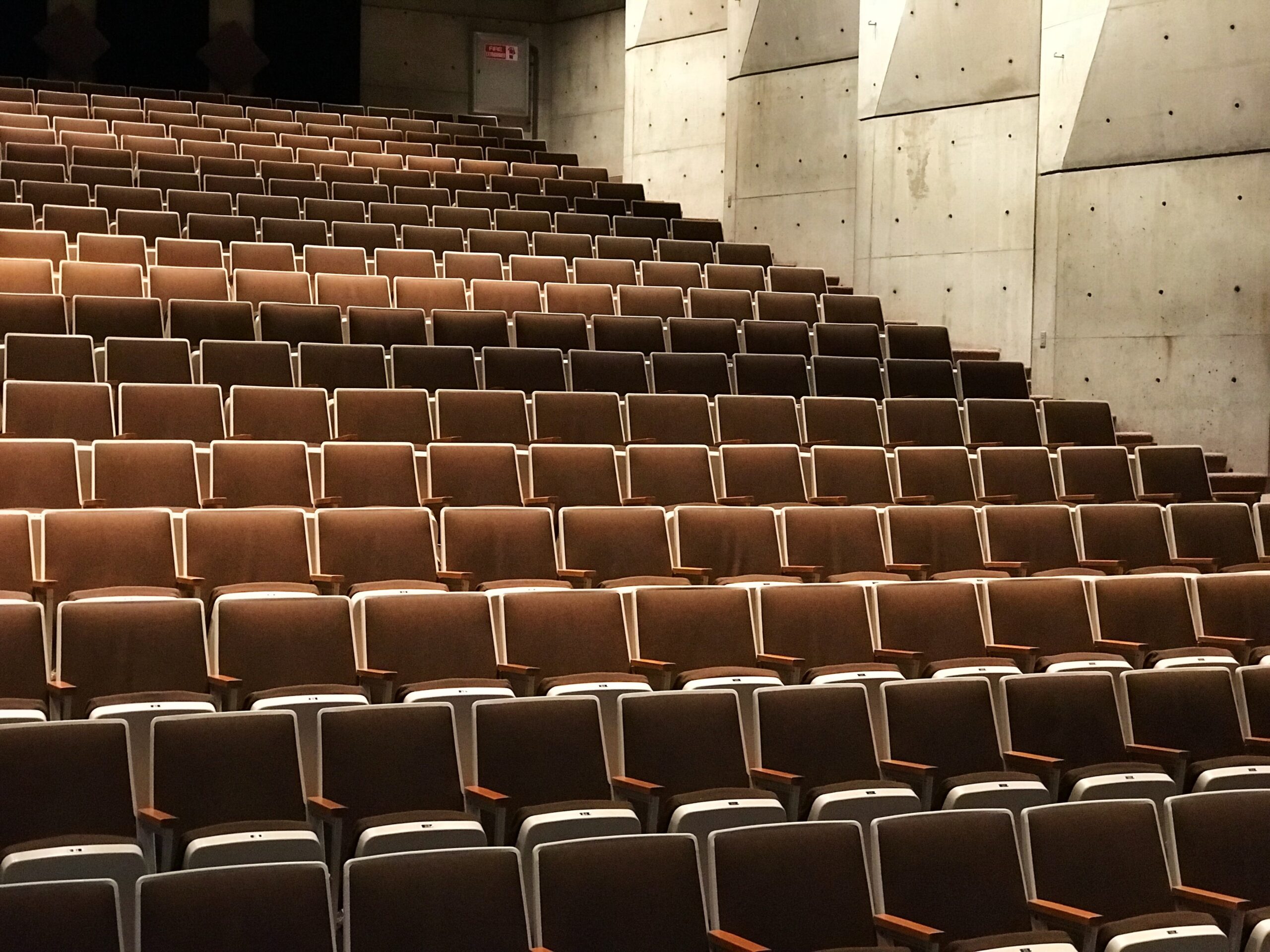
Restrictions might be lifting on 19th July but things are from clear, according to the RPO
The Royal Philharmonic Orchestra calls on the Government for clear guidance on concert hall safety, as final Covid restrictions are lifted
-
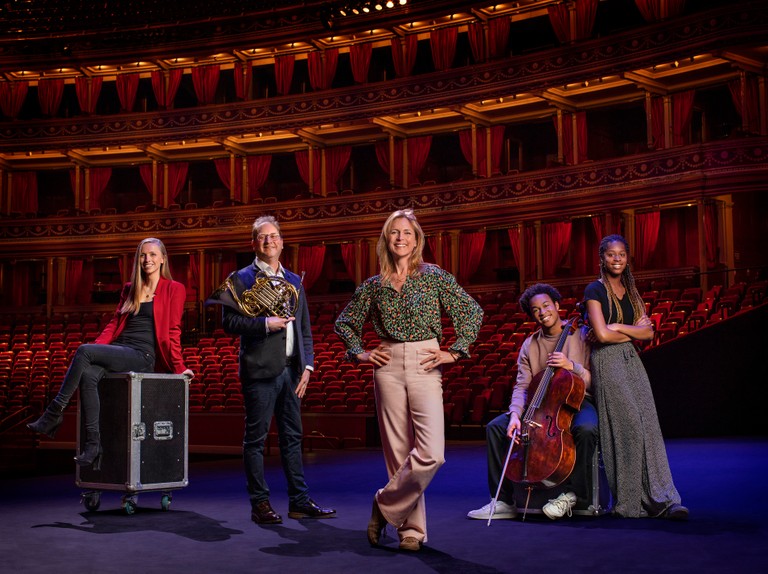
What BBC Proms concerts are on TV in 2021?
Each of the twenty BBC Proms concerts broadcast on TV including date, time, channel and presenter, for those who can’t get to the Royal Albert Hall.
-
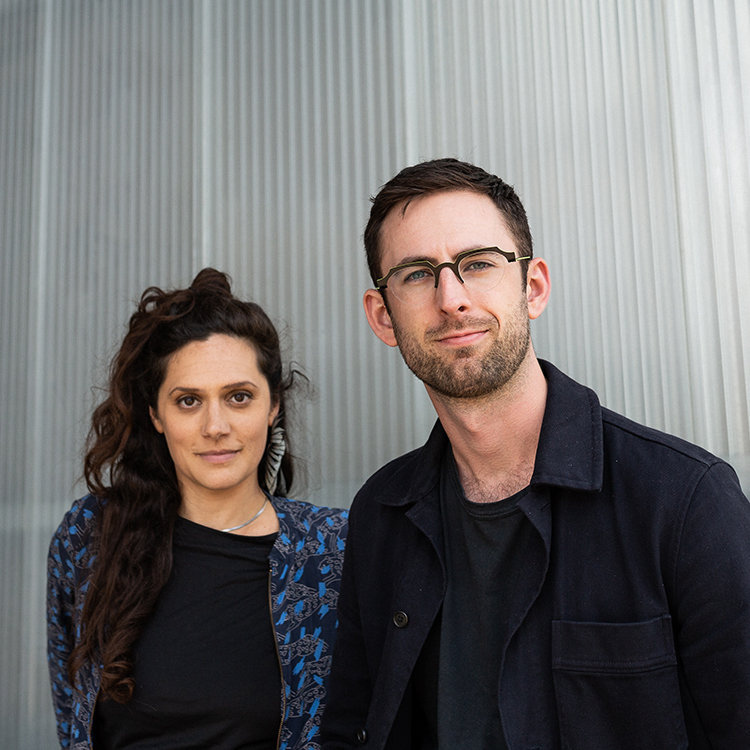
Manchester Collective and Multi Story Orchestra team up with Southbank Centre for 2021/2022
Exciting new partnerships for the cutting-edge ensemble.
-
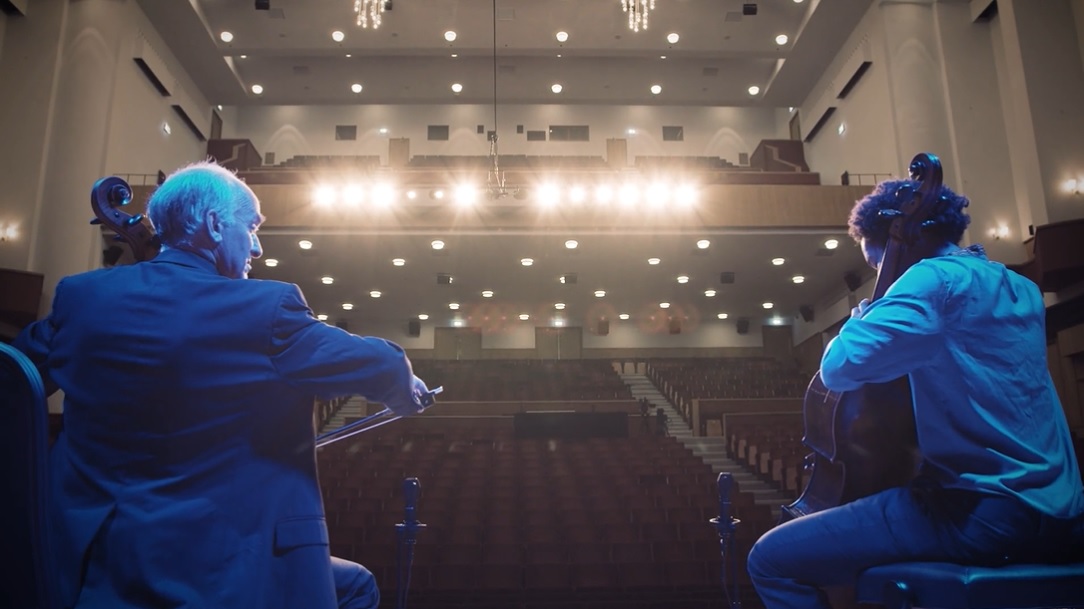
Sheku Kanneh-Mason and Sebastian Comberti play a Bach Saint-Saens Mashup
A recent concert highlight made available as a YouTube premiere.
-
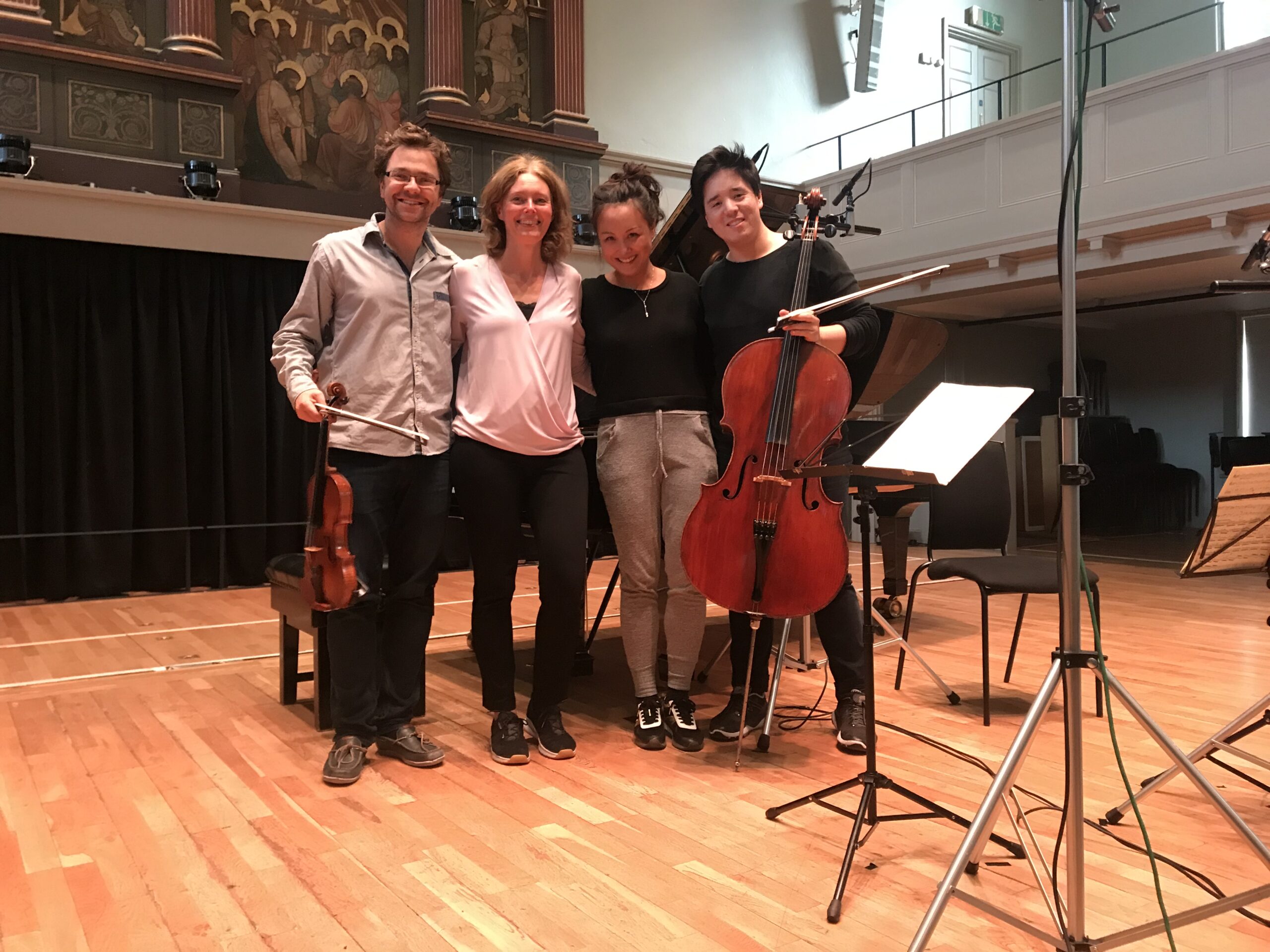
Sitkovetsky Trio’s new album release previewed with an animation by Pavel Hudec
The Sitkovetsky Trio have a new album out this coming Friday including a recording of the Ravel Piano Trio. They’ve commissioned animator Pavel Hudec. The Journey of the Pantoum: shows some of the events surrounding the creation of the Ravel Piano Trio in A minor, and the influences that Ravel was inspired by, his Basque roots and the rush…
